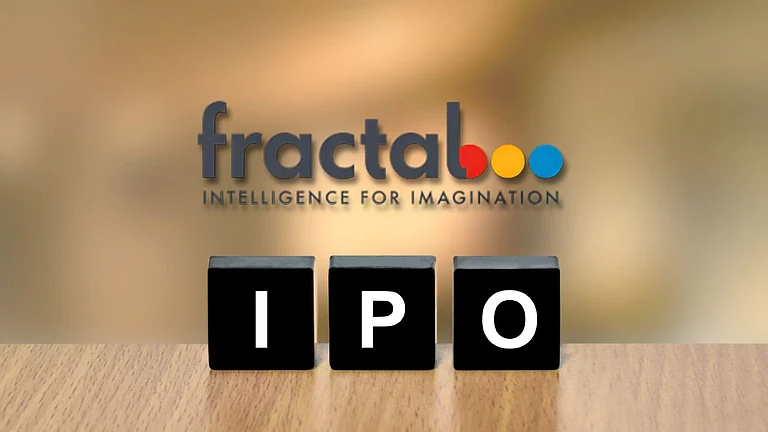While the new financial year has brought cheer to many Indian households as the interest rates on small savings schemes saw a significant rise, there have also been several critical regulatory announcements that will take effect in May.
Let us explore what these changes are:
Higher Pension Contribution
The government has set the May 3, 2023, deadline to opt for higher pensions. In November 2022, the Supreme Court ruled that employees who were members of the Employee Provident Fund Organisation (EPFO) as of September 1, 2014, can opt for higher pensions by May 3, 2023. They can contribute on their basic wages instead of the statutory wage ceiling of Rs 15,000 per month.
For example, if their wage is more than the statutory wage limit, they can exercise the option to contribute more towards EPF. To avail of this option, eligible employees must apply along with the necessary documents on the EPFO portal.
Mutual Fund NFO Subscription
In a circular on April 25, 2023, the Securities and Exchange Board of India (Sebi) instructed the asset management companies (AMCs) to keep their NFO subscriptions open for at least three days for investors’ interest. “It has been decided that all new fund offers shall remain open for subscription for a minimum period of three working days,” the circular said. It was observed that since AMCs typically keep the subscriptions for fixed maturity schemes for a short duration, retail investors who prefer offline investing may have been in a disadvantageous position. Sebi’s new rule will be in force from May 1, 2023.
Use Of Trade Name By Advisors, Analysts
Effective May 1, 2023, the Sebi-registered investment advisors and analysts must display their registration number, logo, address, and telephone numbers on their websites, notice boards, adverts, publications, and communications with clients, including client agreement and know your customer (KYC) forms. In correspondence with clients, they must also mention the compliance officer’s name, telephone number, and email address.
They must also use a disclaimer in their communications, stating: “Registration granted by SEBI, membership of BSE Administration & Supervision Ltd (BASL) in case of IAs and certification from National Institute of Securities Market (NISM) in no way guarantees the performance of the intermediary or provide any assurance of returns to investors.”
Investment Advisor Code For Ads
Sebi also has issued an advertisement code for investment advisors (IA) and research analysts (RA) effective May 1, 2023, instructing them to refrain from promising any guaranteed return to investors. The code also mandates them not to use words such as top adviser, top research analyst, leading, No. 1, one of the best amongst market leaders, etc. They are also directed to use simple language and avoid legal and technical jargon.
KYC Compliant E-Wallets
With the increasing participation of E-wallets in mutual fund investments, E-wallet payments also drew the regulator's attention to ensure investors' safety. As a result, these E-wallets must be fully KYC compliant, effective May 1, 2023.
Bank Guarantee By Brokers, Clearing Members
Sebi has also prohibited stock brokers and clearing members from using clients’ funds to create bank guarantees, effective May 1, 2023.
Sebi said, “Stockbrokers and clearing members pledge client’s funds with banks which, in turn, issue bank guarantees to the clearing corporations for higher amounts. This implicit leverage exposes the market, especially the client's funds, to risks.” To mitigate this risk, the regulator has asked the clearing corporations and stock exchanges to submit details, including the names of stockbrokers and clearing members, bank guarantee from client funds, and proprietary funds to Sebi every fortnight from June 1, 2023.













